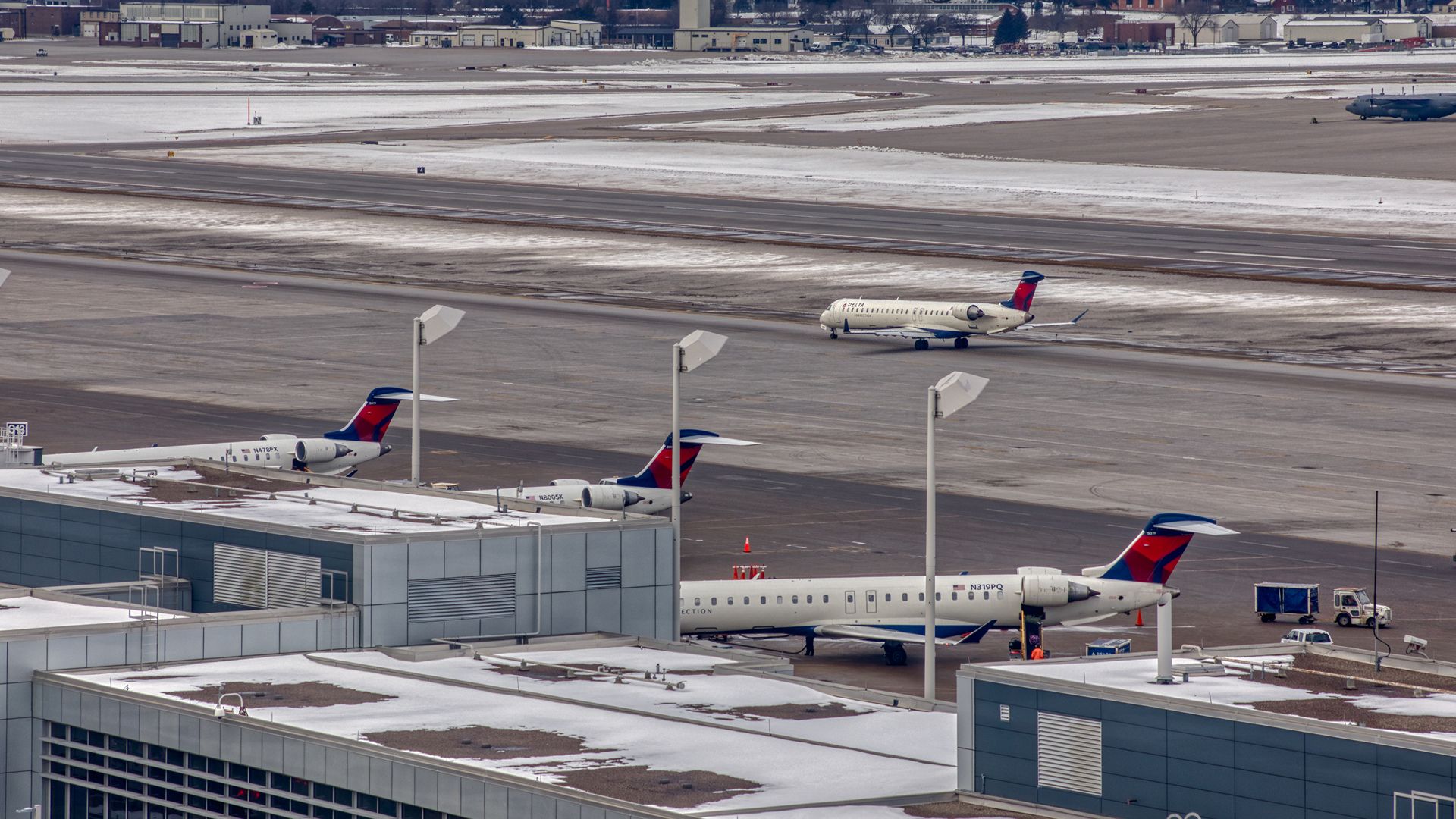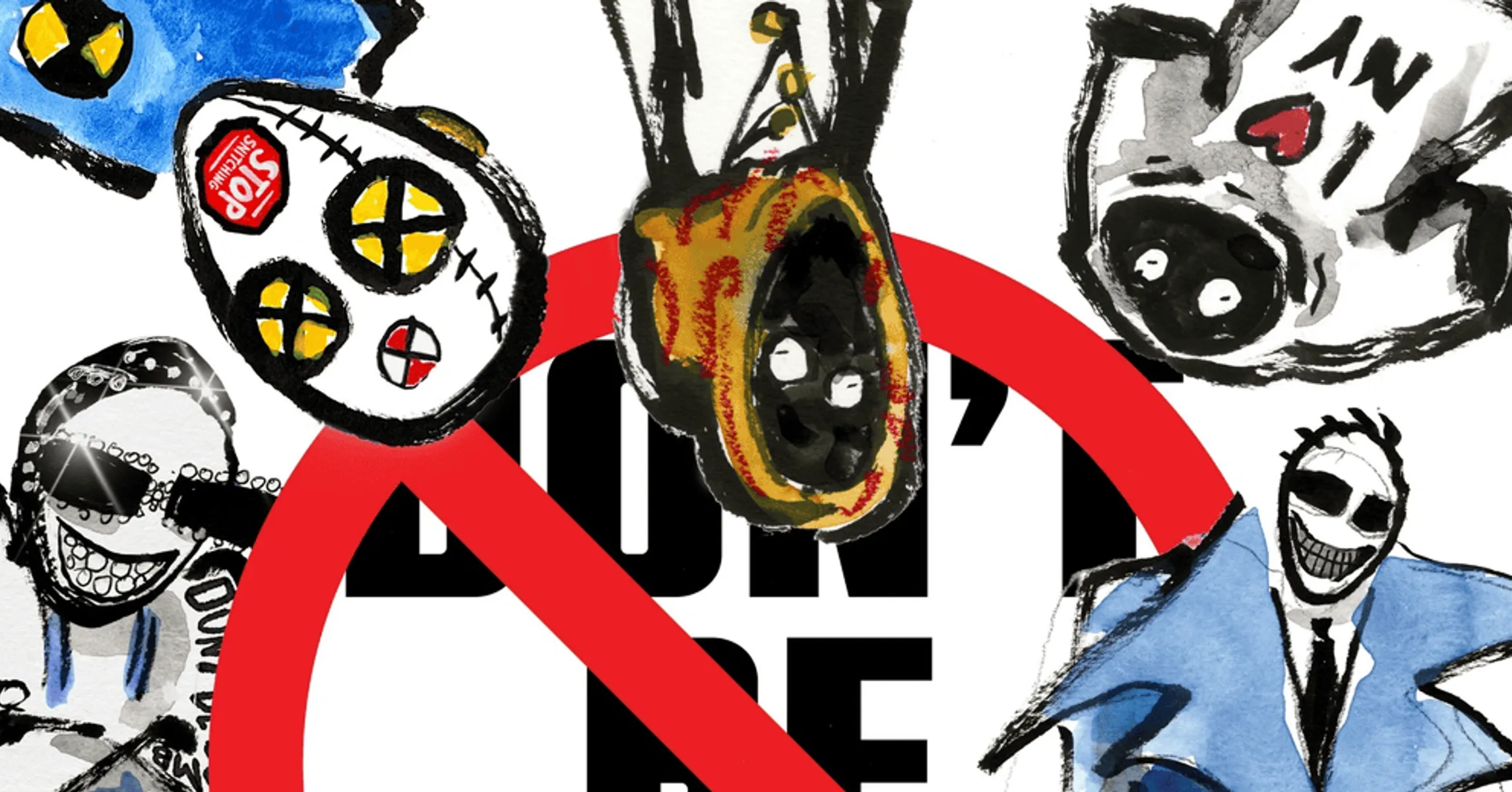
A tragic accident involving a Tesla Cybertruck in Piedmont, California, resulted in the deaths of three college students and has led to two lawsuits against the electric vehicle manufacturer. On November 2023, the vehicle crashed into a retaining wall and a tree, igniting a fire that trapped the occupants inside. Nineteen-year-old Krysta Tsukahara, along with 19-year-old Soren Dixon and 20-year-old Jack Nelson, lost their lives in the incident, while 22-year-old Jordan Miller managed to escape after a passerby broke the windscreen to assist him.
Details from the lawsuits reveal that Tsukahara initially survived the crash but was unable to exit the vehicle due to a power failure that disabled the electronic door release mechanism. The lawsuits, filed by Tsukahara’s parents, Carl and Noelle Tsukahara, allege that the Cybertruck’s design contributed significantly to her inability to escape. The vehicle’s doors are powered by a 12-volt battery, which can fail if the vehicle loses power during a collision, rendering the manual door release difficult to access.
The lawsuit, submitted to the Alameda County Superior Court, states that Tsukahara died from smoke inhalation and burns, as onlookers were unable to reach her and her companions. According to the family’s attorney, Roger Dreyer, “It’s just a horror story. Tesla knows that it’s happened and that it’s going to happen, and they are doing nothing but selling the car with a system that entraps people and doesn’t provide a way of extraction.”
The lawsuit further claims that Tesla has a history of safety issues related to its door systems, citing over 30 other documented incidents of similar problems. It accuses the company of “conscious disregard” for consumer safety, alleging that they have been aware of the risks for years. The legal action seeks unspecified punitive damages against Tesla.
In a parallel case, Nelson’s parents also filed a wrongful death lawsuit against the company, reinforcing the serious nature of the claims. Both lawsuits highlight the tragic circumstances surrounding the crash, despite the fact that all four passengers tested positive for various substances, including cocaine and alcohol. The California Highway Patrol stated that impaired driving and speeding were contributing factors in the incident.
Dreyer emphasized the need for accountability, asserting, “They [Tesla] will want to blame Mr. Dixon, anybody but themselves. But this vehicle absolutely should not have entombed these individuals and my client’s daughter.”
Tesla’s Cybertruck, which was launched in November 2023, has faced scrutiny since its release, with over 46,000 units recalled in March 2024 due to collision risks. As the lawsuits unfold, the focus remains on the safety mechanisms of the vehicle and the company’s responsibility in ensuring the well-being of its consumers.
As of now, Tesla has not publicly commented on the lawsuits. The tragic event has raised significant concerns regarding vehicle safety standards and the accountability of manufacturers in the face of such devastating incidents.






